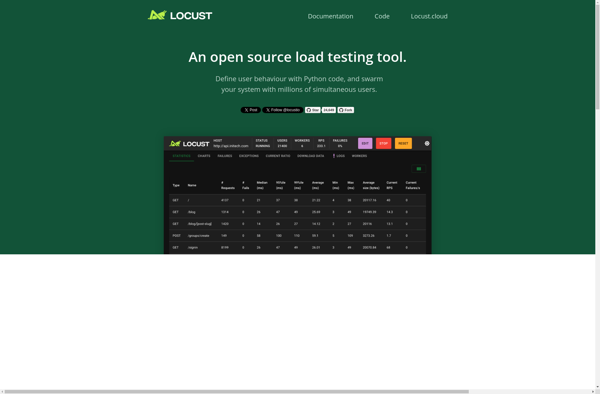Description: Locust is an open source load and performance testing tool written in Python. It allows developers to test the performance of their web applications by simulating large numbers of concurrent users making requests.
Type: Open Source Test Automation Framework
Founded: 2011
Primary Use: Mobile app testing automation
Supported Platforms: iOS, Android, Windows
Description: BlazeMeter is a performance testing platform for web and mobile applications. It allows users to run automated tests to measure performance and ensure apps can handle heavy load and usage.
Type: Cloud-based Test Automation Platform
Founded: 2015
Primary Use: Web, mobile, and API testing
Supported Platforms: Web, iOS, Android, API

